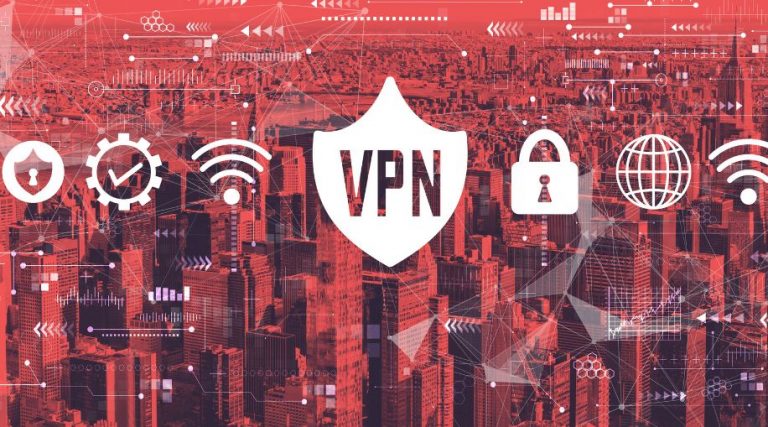Career Inclusivity
What are Disability Employment Services?
Up to one in four Americans have some type of disability, according to the Centers for Disease Control and Prevention. Between mobility impairments, cognitive disabilities, hearing impairments and several other disabilities, you or someone you know has likely been affected by a disability.
Although millions of Americans have disabilities, the U.S. Bureau of Labor Statistics reported that only about 21 percent of people with disabilities were employed in 2022. Therefore, financial stability is a major concern for many people with disabilities. In this article, we’ll answer what are disability employment services and how they can help alleviate some of the financial stresses of having a disability.
What is Disability Insurance?
Disability insurance is a type of insurance product that provides income to a person who is prevented from working and earning an income because of a disability, illness, or injury. It is intended to cover medical bills and replace a portion of your income so that you and your family can continue to live comfortably even when faced with a disability.
Disability insurance can be purchased through private insurers. Most employers also offer some kind of long-term disability coverage. In the U.S., disability insurance can also be obtained through the U.S. government’s Social Security Administration.
Keep reading to learn more about these programs.
Social Security Disability Insurance
The first U.S. government program for those with disabilities is the Social Security Disability Insurance (SSDI) Program. If you have a disability, have worked long enough and recently enough and have paid Social Security taxes, you could be eligible for SSDI. Those who meet the requirements and are “insured” will receive monthly payments to support themselves while they’re unable to work.
Supplemental Security Income
The Supplemental Security Income (SSI) Program is another federally funded program that provides benefits to those who have a qualifying disability and have limited income and resources. Unlike with SSDI, you don’t need a specific work history to qualify for SSI. Your Social Security contributions also don’t affect your eligibility for SSI. Eligibility for SSI is based primarily on your income level and medical records.
To check your eligibility for SSDI and SSI, complete a few questions using the U.S. government’s federal benefit eligibility screening tool. If you are interested in receiving Social Security benefits, you can apply here.
Employment Programs That Support People With Disabilities
Several types of disability employment services help people with disabilities receive education and training, find work and ultimately succeed at their jobs.
Ticket to Work Program
Social Security’s Ticket to Work Program is a free, voluntary program for people who receive Social Security disability benefits but want to work. The free employment services provided by Ticket to Work help people with disabilities establish meaningful careers and achieve financial independence.
Work Incentives
Some special rules have been established so that people who receive Social Security benefits can work while still receiving some benefits. These work incentives help people with disabilities smoothly transition to employment so that they can become financially stable. Work incentives vary based on which Social Security program you are enrolled in. For a complete guide to work incentives, check out the Red Book.
Some possible work incentives include:
- Medical benefits: Medicare/Medicaid benefits continue while you work.
- Cash benefits: Continue to receive Social Security payments while you work.
- Trial work period: Test your ability to work for at least nine months while earning full Social Security benefits.
- Expedited reinstatement: If your benefits stopped because of your earning level, but you’re no longer able to work, request to have your benefits reinstated without filing a new application.
Plan to Achieve Self-Support Program
Another government program that helps people with disabilities find employment is the Plan to Achieve Self-Support (PASS) Program. To qualify for PASS, you must receive SSI or qualify for SSI.
PASS is intended to alleviate the financial burdens people with disabilities face when returning to work by allowing individuals with disabilities to set aside money for items or services needed to achieve a specific work goal. For example, if you need a wheelchair to work comfortably, PASS could help you cover some or all of the cost.
The objective of this program is to support the needs of people with disabilities so that they can return to employment and eventually reduce or eliminate their need for SSI or SSDI benefits.
U.S. Department of Labor Agencies
The U.S. Department of Labor has several agencies that provide disability employment services. One of those is the Office of Disability Employment Policy, which aims to increase the workplace success of people with disabilities. They provide tons of resources and employment support for people with disabilities.
Another is the Employment and Training Administration, which offers employment services for individuals who face significant barriers to employment, such as people with disabilities. Their website is full of tools and information about employment services that help support people with disabilities in finding gainful employment.
Additional Resources for People with Disabilities Seeking Employment
While this article focused mainly on federal benefits for people with disabilities, there are also many state and local disability employment services and benefits. Be sure to check your state’s and city’s disability employment information as well.
To find job listings and organizations that help people with disabilities with their job search, check out this article from the U.S. government. By utilizing these disability employment services and benefits, we hope that you can advance your employment opportunities and experience a brighter financial future.
Take a look at some great college prep courses.
Article Resources
- Job training and employment programs for people with disabilities (USA GOV)
- Employment and Training Administration (U.S. Department of Labor)
- Office of Disability Employment Policy (U.S. Department of Labor)
- Disability Resources (U.S. Department of Labor)
- Plan to Achieve Self-Support (PASS) (Social Security Administration)
- The Red Book - A Guide to Work Incentives and Employment Supports (Social Security Administration)
- Disability Impacts All of Us (Centers for Disease Control and Prevention)
- News Release | Persons With A Disability: Labor Force Characteristics - 2022 (Bureau of Labor Statistics)
- Best Disability Insurance Companies Of 2023 (Forbes)
- Social Security: Securing your today and tomorrow (Social Security Administration)
- Social Security Disability Insurance Benefits (Social Security Administration)
- Supplemental Security Income (SSI) (Social Security Administration)
- Disability Benefits | How You Qualify (Social Security Administration)
- Find Federal Benefits for Persons with Disabilities or an Illness (USA GOV)
- Apply for Social Security benefits (Social Security Administration)
- Welcome to the Ticket to Work Program! (Social Security Administration)
- Work Incentives (Social Security Administration)

